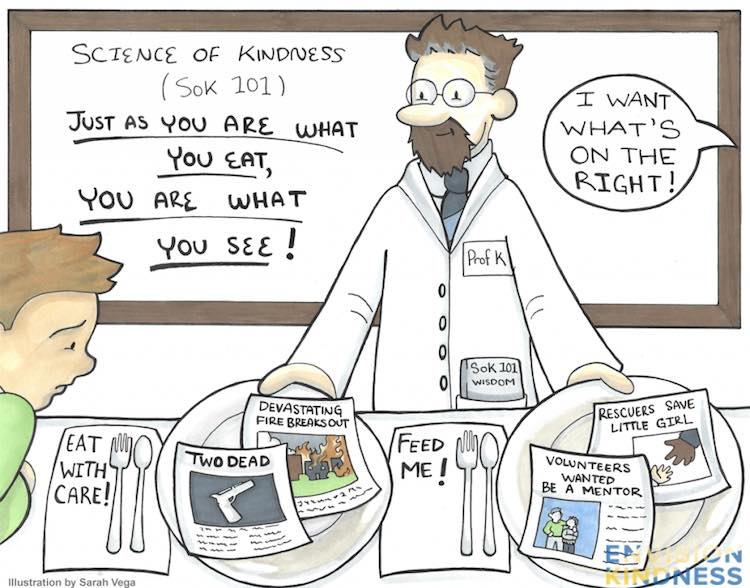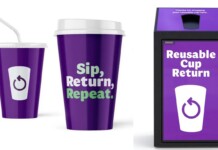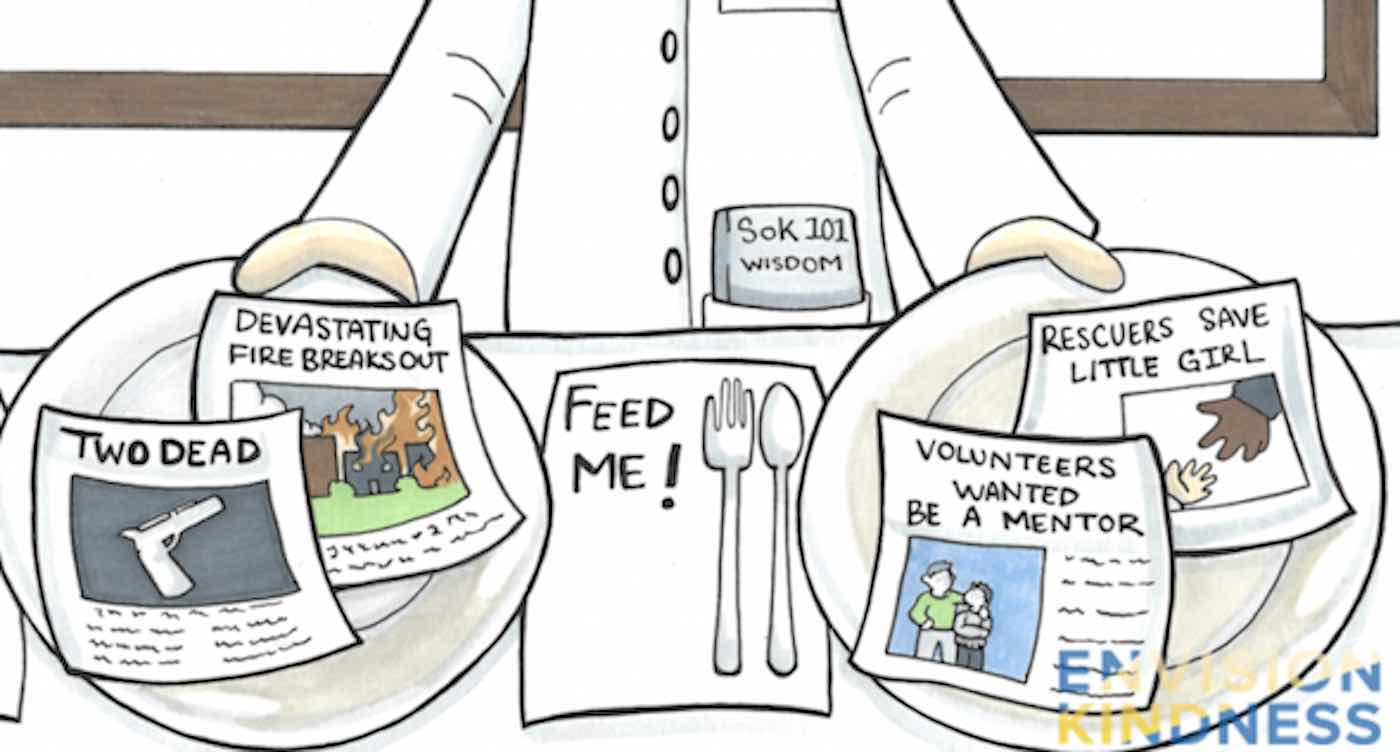
Reprinted with permission from Envision Kindness
As a doctor who specializes in diseases like diabetes, I know a bit about nutrition and metabolism.
I really believe in the old saying “You are what you eat.” That is, the amounts and types of different foods we eat affects not only our weight, but our general health. Food is a complicated mixture of energy sources (calories), protein (to make new tissues like muscle and skin and heal wounds), and micronutrients like vitamins to support a wide range of biochemical processes.
It is pretty well understood that when our diets are imbalanced, different functions in our bodies may suffer. Taking in too little or too much of something can lead to the development of diseases. There are plenty of examples that have filled medical textbooks: people who are deficient in vitamin D, for example, suffer from bone problems and weakness; too much vitamin D may have high calcium in their blood, kidney stones, and possibly liver problems. The key to a successful diet (and nutritional health) is balance and moderation of good quality food.
Years ago when I realized that I was “ingesting” way too much negative news, I began to think about my “visual diet” and wondered what the research had to say about it. The analytical side of my brain was fascinated to find out that a few short minutes of exposure to negative news can induce anxiety, stress, and symptoms of depression.
WATCH: Heartwarming Data Reveals the Most Popular Google Searches Were About How We Can Be Good
One group of researchers found that a 14-minute video of negative TV news (not even internet-delivered news) can rapidly increase anxiety and sadness. What’s particularly noteworthy is that beyond induction of anxiety and sadness, participants of the study who saw negative news (in contrast to positive or neutral films), expressed greater anxiety related to their own personal issues.
A preliminary report from scientists and collaborators from the Huffington Post suggested that the effects of negative news exposure can last hours into the day for a substantial amount of people.
So depressing and fear-inducing news can make people feel more sad and anxious, which, in turn, can magnify their own problems for quite some time. Wow—a difficult, negative emotional cycle that can be self-reinforcing.
RELATED: 10 Best Stories When Kindness and Heroics Went Viral in 2018
How about “positive” news or stories? The few studies that exist suggest that inspiring, positive media sources have the opposite effects of negative media. These researchers found that viewing a short (4-minute) video of a young man who established a homeless shelter in Philadelphia was specifically able to induce gratitude and love in contrast to videos that were focused on inspiring admiration.
Another group of scientists showed some volunteers a video from the Oprah Winfrey show in which a musician pays tribute to his former music teacher for saving him from a life of gang activity and violence. Seeing that 7-minute video significantly increased the willingness of the participants to volunteer compared to an amusing video. Other studies of this kind showed that viewing uplifting videos may have positive or desirable effects on sexual prejudice as well as stimulating mothers to nurse.
LISTEN: A Happiness Lesson From Waitressing – It’s Not About You
All of this research led me to coining the phrase: “Just as you are what you eat, you are what you see.” In fact, I only recently learned that the word “diet” does not just refer to what food we eat – it comes from the Greek meaning for “way of life” or how one lives his or her life. With that broadened definition, the word “diet” has a greater, more all-encompassing meaning in relation to the things that we absorb–food, stories, images, sounds (music)–and how they impact us.
This does not mean we have to ignore negative news. There are important things that we can learn which can help us understand what other people are going through and how we can help to fix their problems. This all just means that we need a balanced visual diet—one that nourishes the soul and yet motivates us to take action and make things better.
Interested in learning more about the science of kindness and its role in your life? Visit EnvisionKindness.org to learn more.
Cure Your Friends Of Nasty Negativity By Sharing This Article To Social Media – Photo by Sarah Vega via Envision Kindness





















After creating a new Discord community focused on arcade gaming and a couple of other niches, we decided that having a #news channel would benefit our various Discord communities… originally for serving up arcade news and the like, we decided as well that a generalized news feed would be beneficial as well.
The above article perfectly describes the reason we chose Good News Network as our generalized news feed. Between the mainstream media’s overpowering exploitation of contention-induced fixation and the various mental health struggles that our communities experience, there is absolutely no need for our servers to feature negative news except in perhaps a handful of cases. What they need is a clinical strength good news regimen. They need a daily dose of the world’s kindness.
I do want to mention, however, that this article contradicts itself in a way. “A balanced diet” cannot consist of only positivity. You do need to understand where the world is going wrong. The problem at its foundation is that contention-induced fixation means that hatred sells. Knee-jerk reactions sell. Controversy sells. People scream out and fixate and ruminate for hours and days and weeks over bad news, and then their negative outlook drives them to view positivity as “vapid” and “candy coated.”
You can’t ignore the bad and hope it goes away. It won’t. But you must not feed into it and fall to despair, either.
Hey, EL, That’s super cool! I’ve been on the Discord board for sporting event once or twice.
BTW, We love to feature good news from the gaming community, so do email us with any you might find that could be shared with GNN community.
Also, I wanted to point out that, at the end of the article, he states that he agrees, and knows you shouldn’t stop watching the ‘negative’ news—which is the same philosophy GNN has adhered to for 20 years.
“This does not mean we have to ignore negative news. There are important things that we can learn…”